Nearly 200 countries today, November 24, approved a climate finance agreement, but some countries are unhappy about the amount of money developed countries have pledged to contribute.
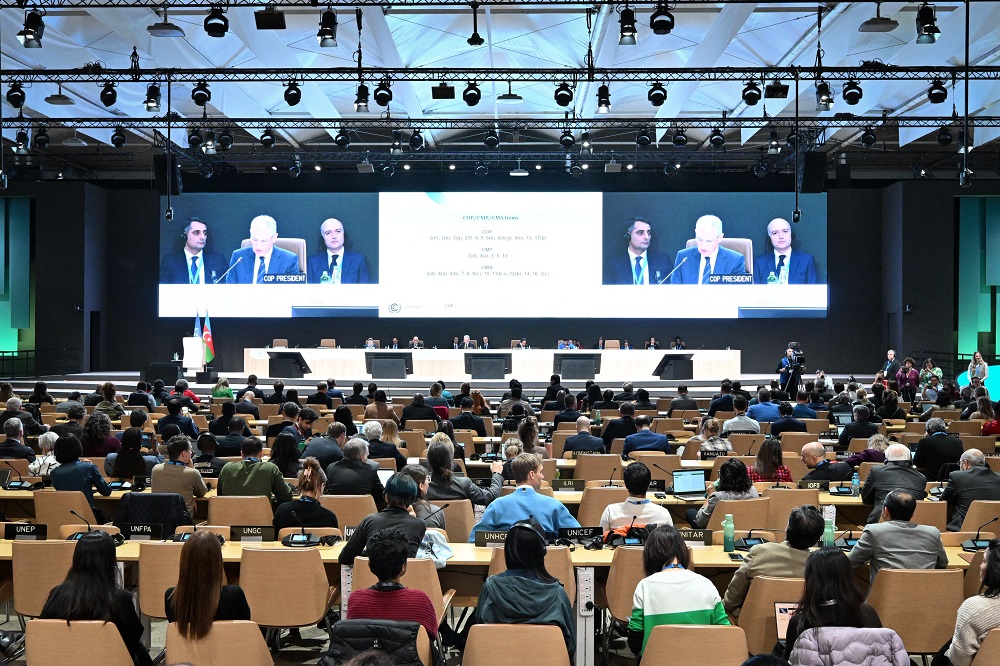
COP29 President Mukhtar Babayev speaks at the COP29 Climate Summit in Baku, Azerbaijan on November 23.
After two weeks of bargaining and many sleepless nights, delegates from nearly 200 countries attending the 29th Conference of the Parties to the United Nations Framework Convention on Climate Change (COP29) in the Azerbaijani capital Baku approved the financial pact early on November 24.
Under the new pact, developed nations will spend at least $300 billion a year by 2035 to help developing nations green their economies and prepare for worse disasters. That's up from $100 billion under a current pledge but has been criticized by developing nations as too low, which they have asked for more, according to AFP.
"The amount proposed to be raised is too little. It is a small amount... In our opinion, this will not address the huge challenge that we all face," Indian delegate Leena Nandan stressed.
“This COP is a disaster for the developing world. It is a betrayal of rich countries that claim to take climate change seriously, both for people and the planet. There is no time to celebrate,” said Mohamed Adow, Kenyan director of the Power Shift Africa think tank.
A group of 134 developing countries is calling for at least $500 billion from rich governments to build resilience to climate change and cut greenhouse gas emissions.
UN climate chief Simon Stiell admitted the new deal was not perfect. "No country achieved everything they wanted and we leave Baku with a mountain of work still to do. So this is not the time to celebrate victory," Mr Stiell stressed in a statement.
The US and the European Union (EU) want rich emerging economies like China, the world's biggest emitter, to contribute more. The final agreement "encourages" developing countries to contribute on a voluntary basis, reflecting no change for China, which has provided climate finance on its own terms, according to AFP.
Rich countries say it would be politically unrealistic to expect more direct government funding.
US President-elect Donald Trump, a skeptic of climate change and foreign aid, will return to the White House in January 2025, and several other Western countries have seen a right-wing backlash against his green agenda.
The new deal sets a larger overall target of $1.3 trillion a year to combat rising temperatures and disasters, but much of it will come from private sources.
Before reaching such a deal, countries struggled to reconcile longstanding divisions over how much money the rich nations most responsible for climate change should give to the poor nations least responsible but most affected by the planet's rapid warming.
At times the talks appeared on the brink of collapse, as representatives from developing countries walked out of the meeting and threatened to walk out if rich nations did not pay more.
Source: https://thanhnien.vn/so-tien-cam-ket-ve-khi-hau-tang-them-200-ti-usd-nhung-con-qua-it-185241124072818661.htm



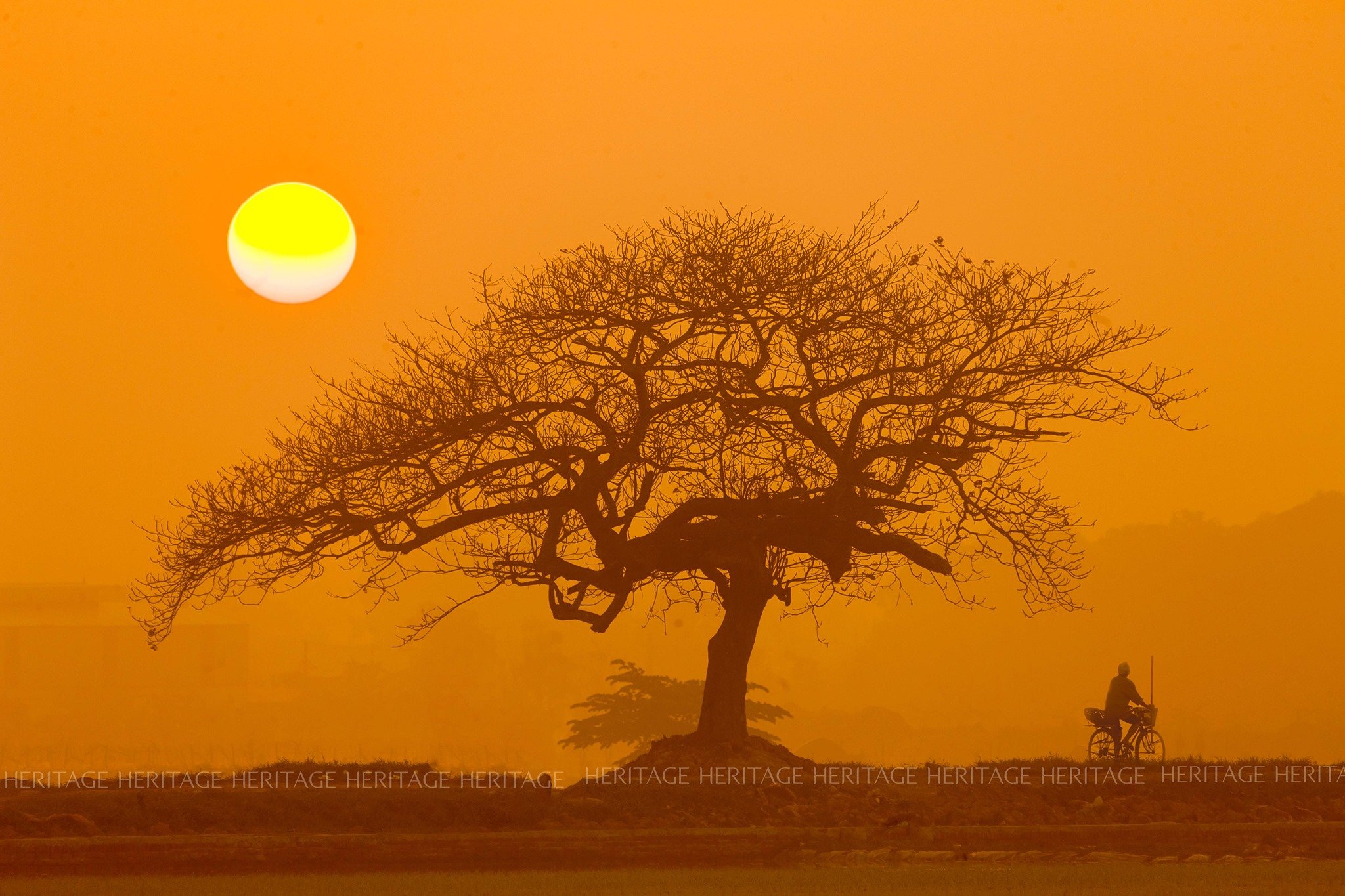





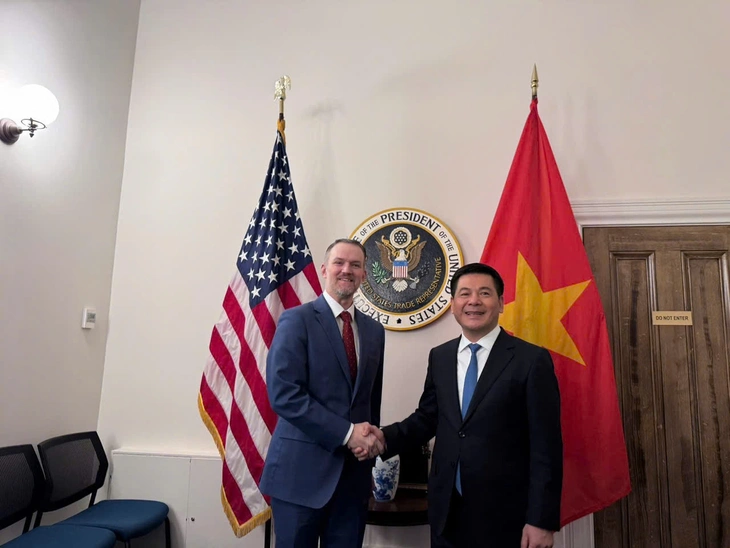







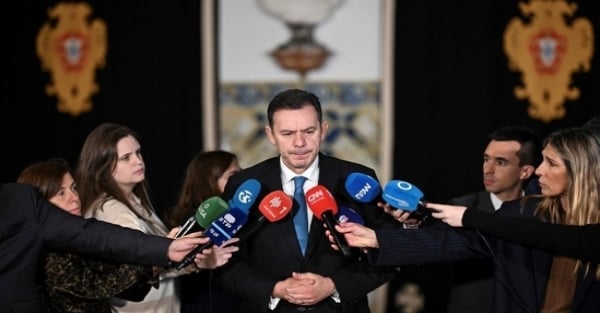

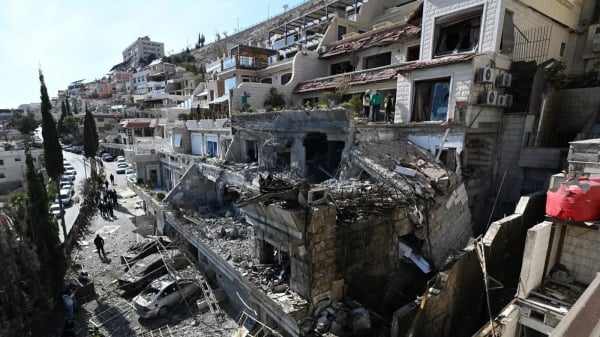
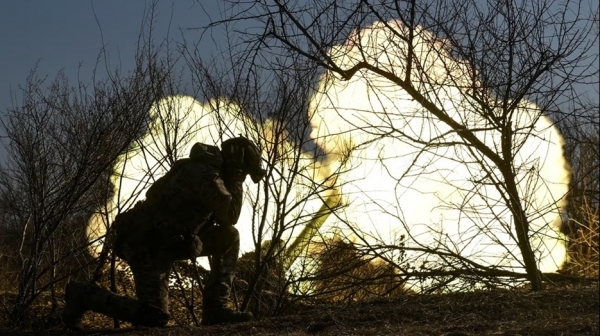
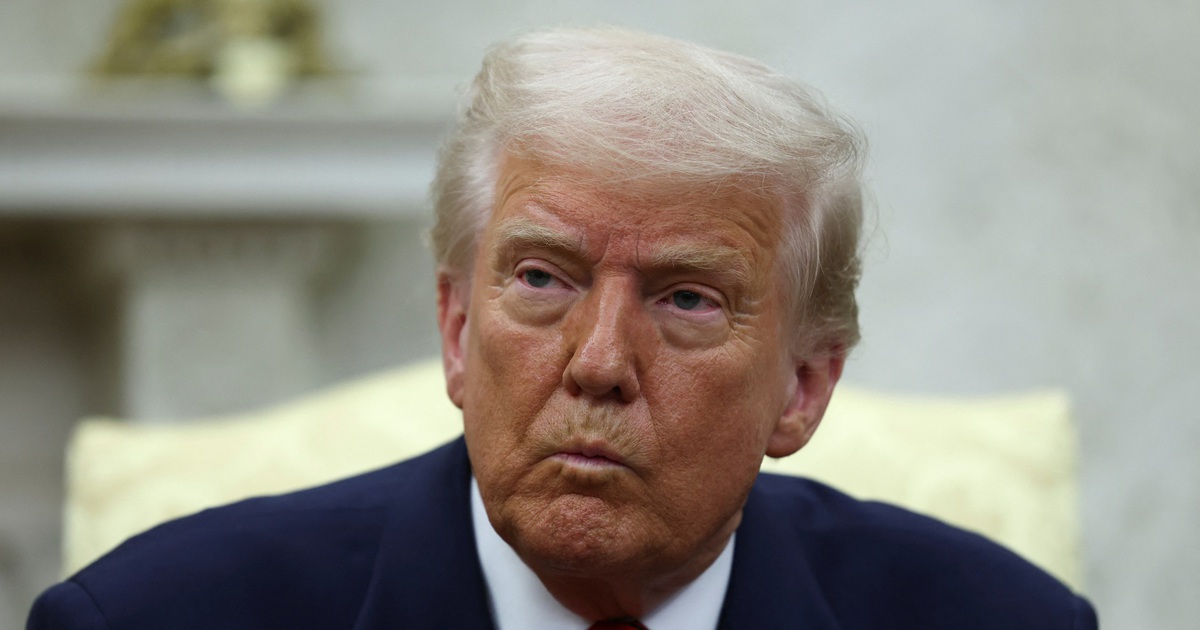
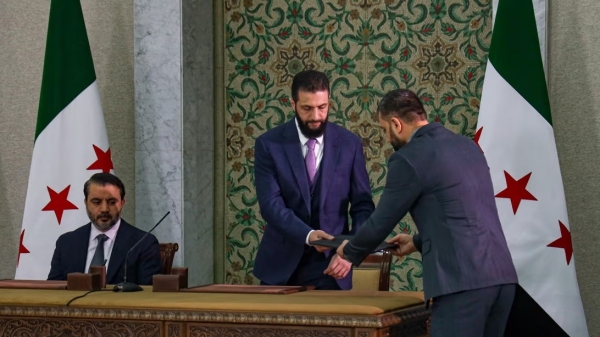






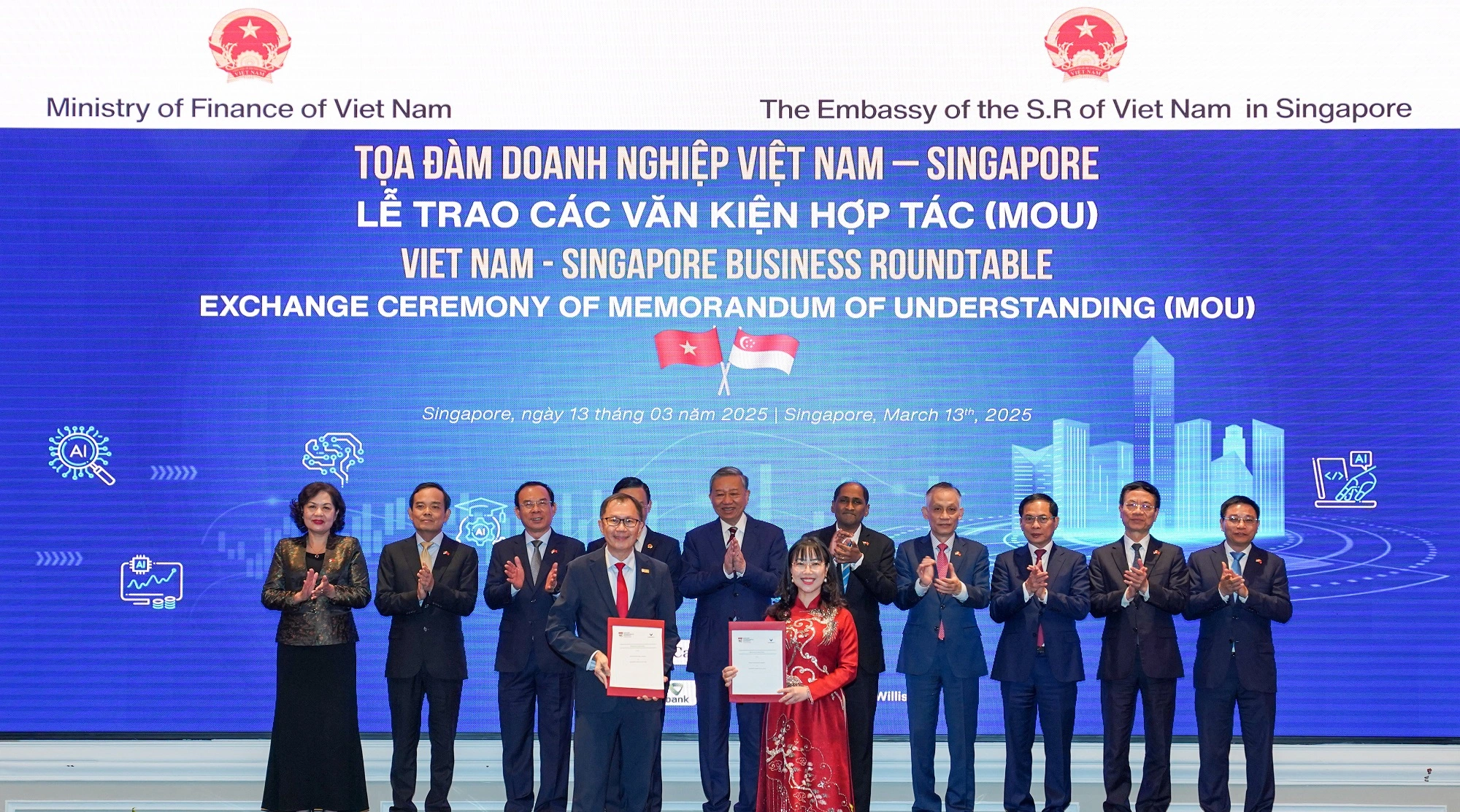
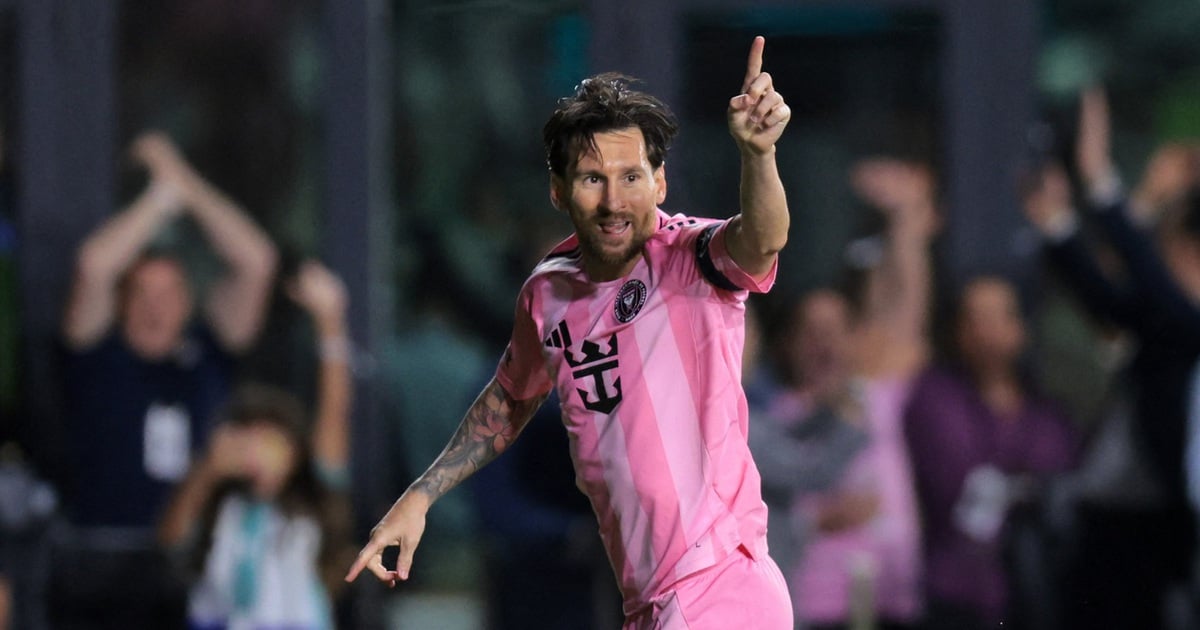
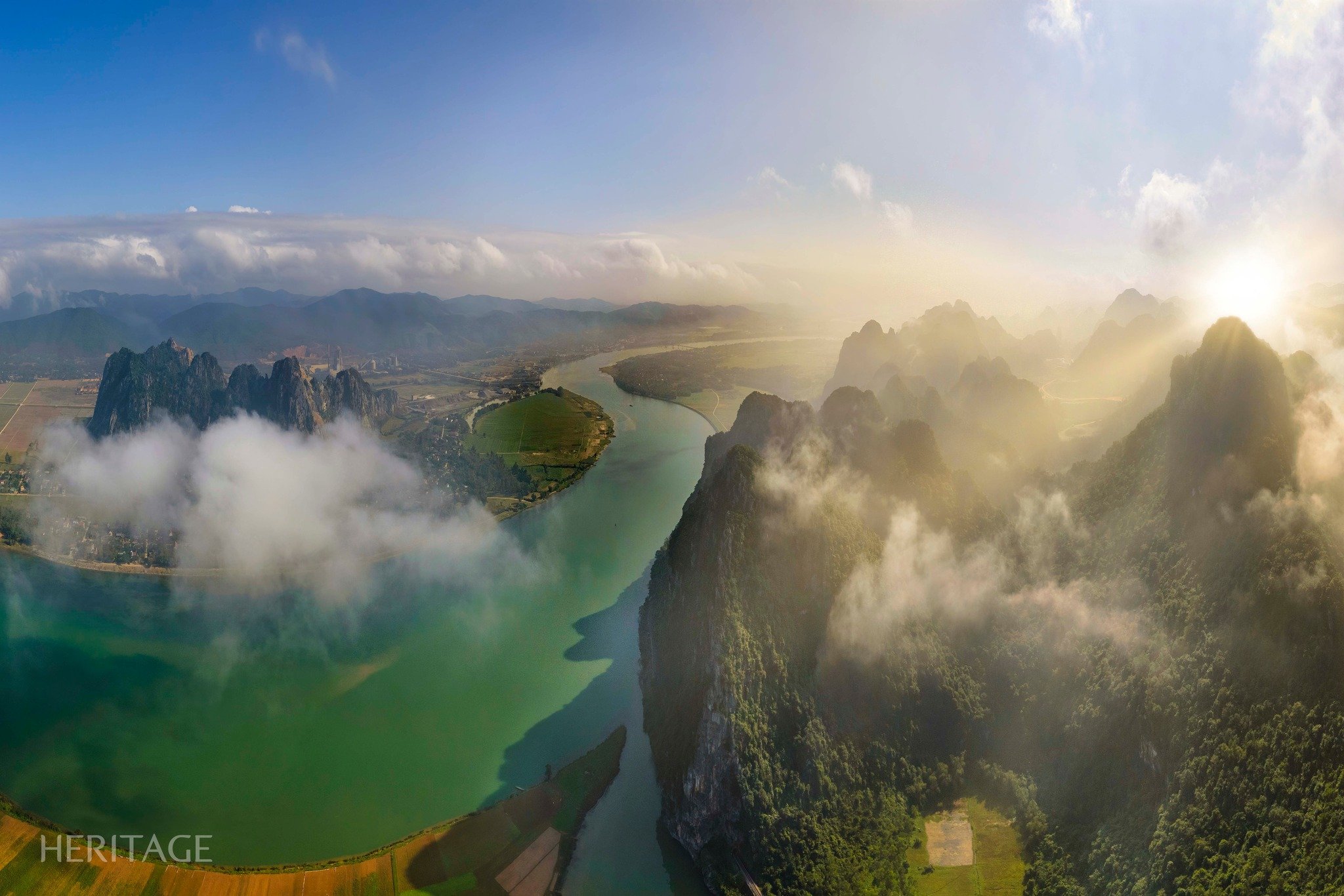
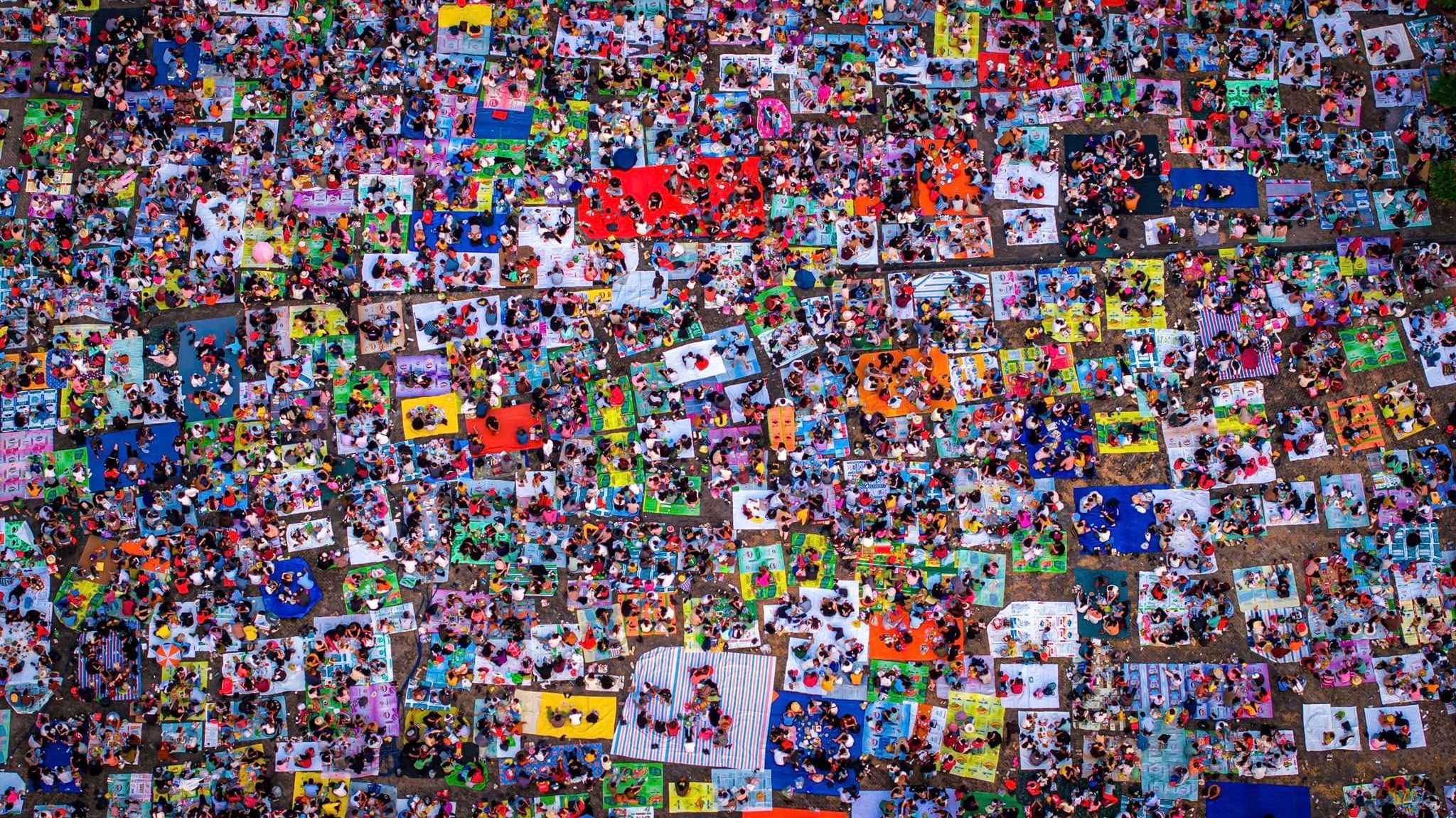











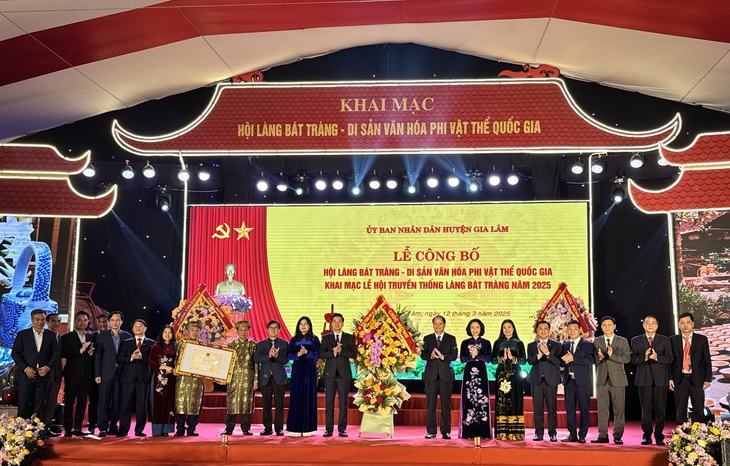
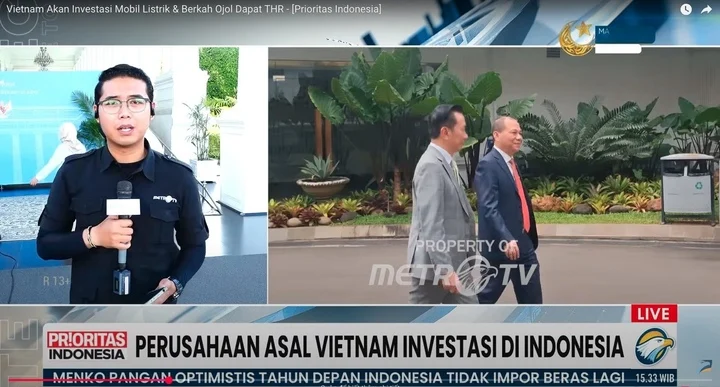

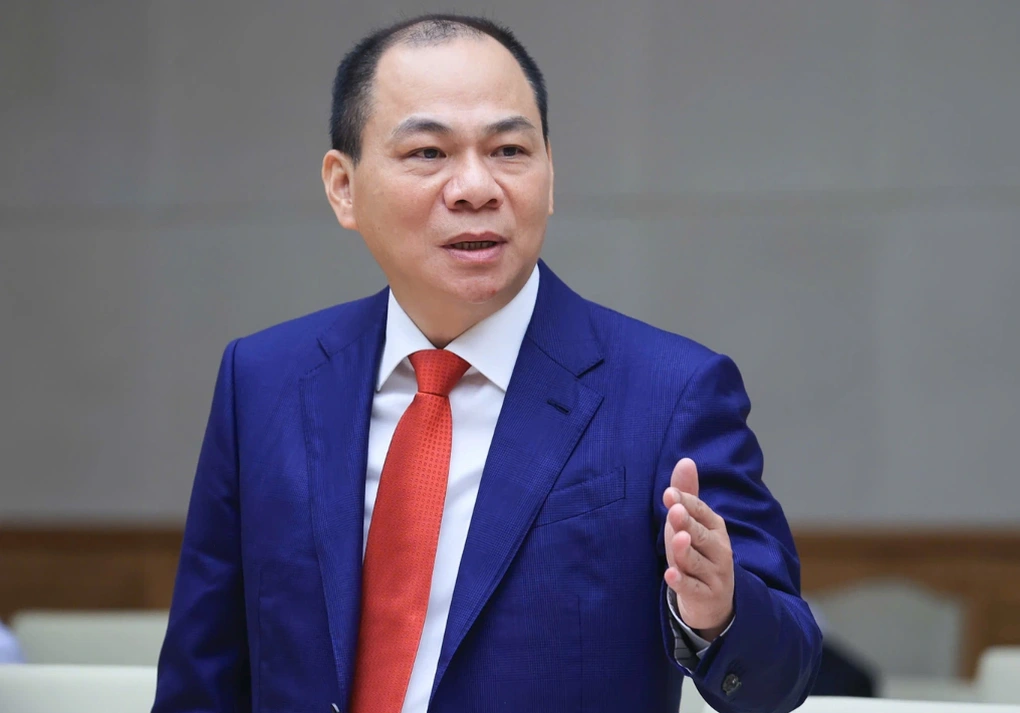

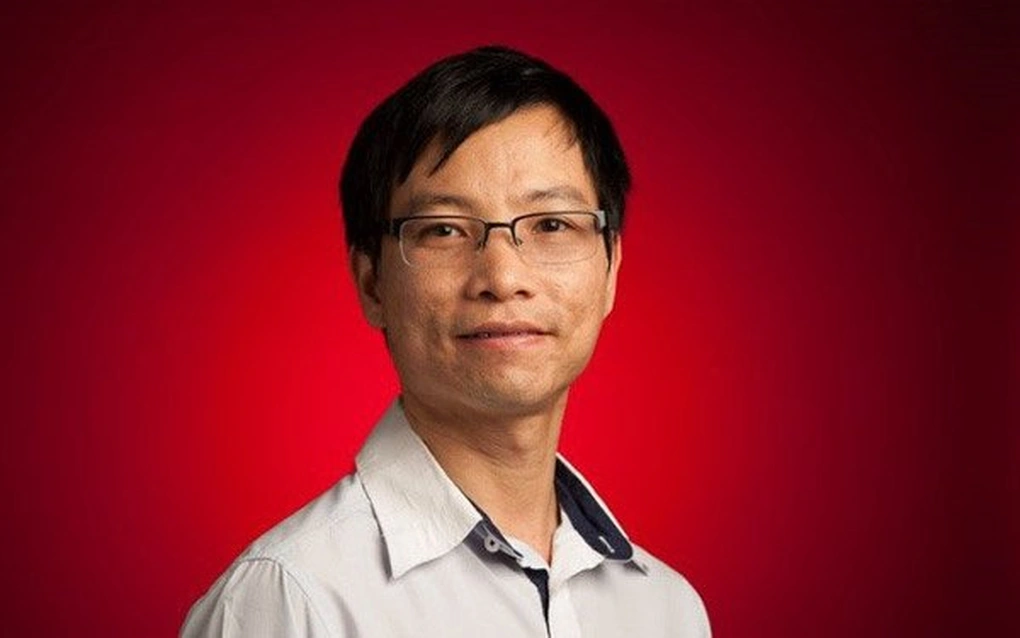


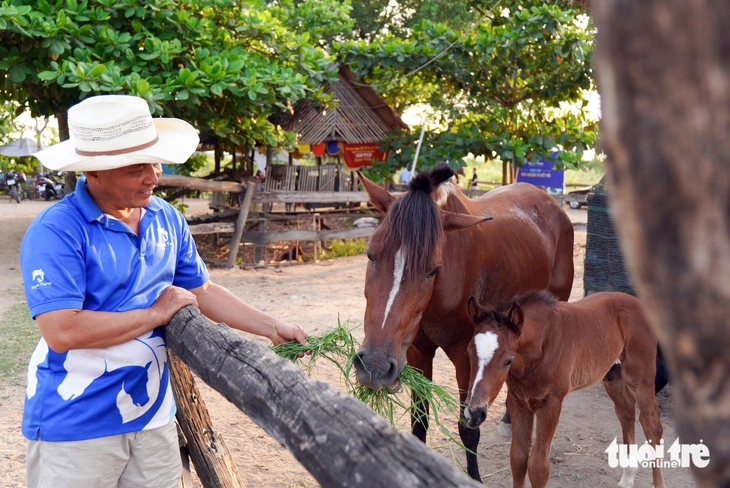



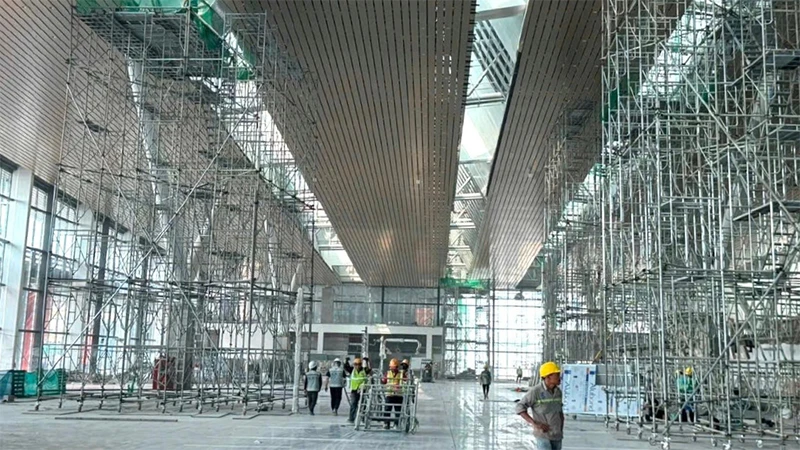


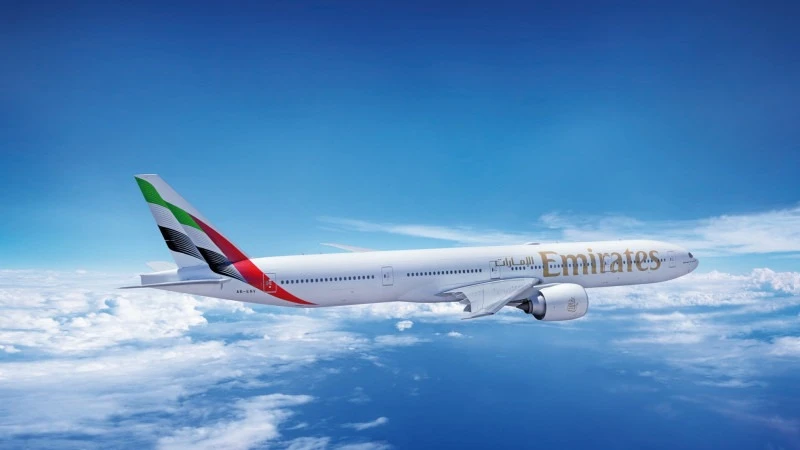


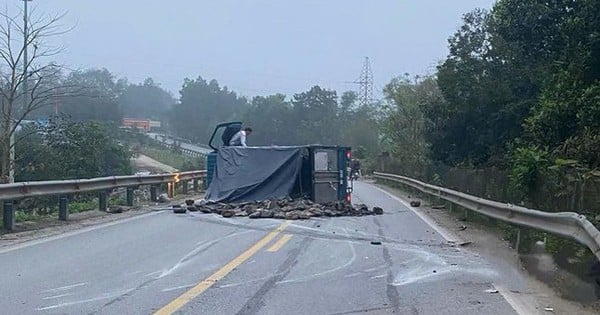

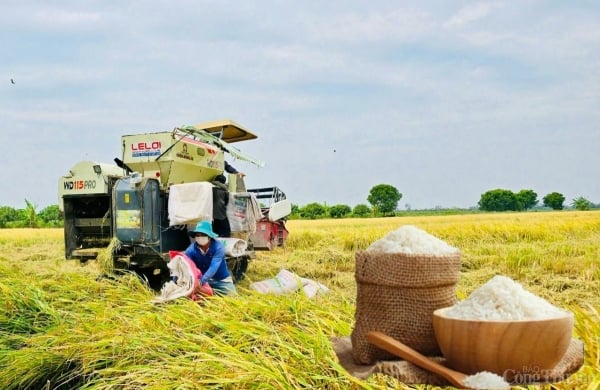



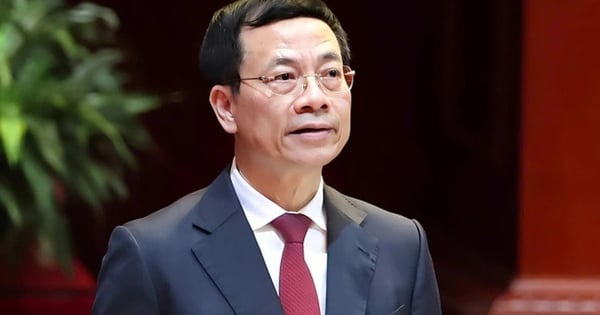



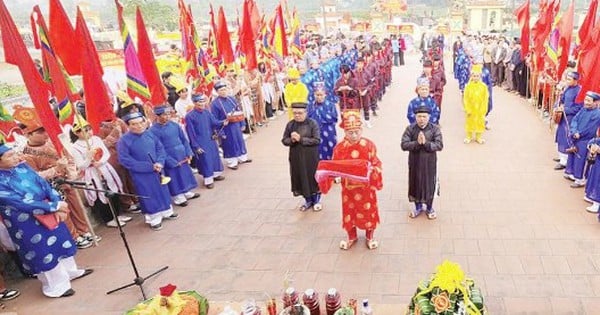
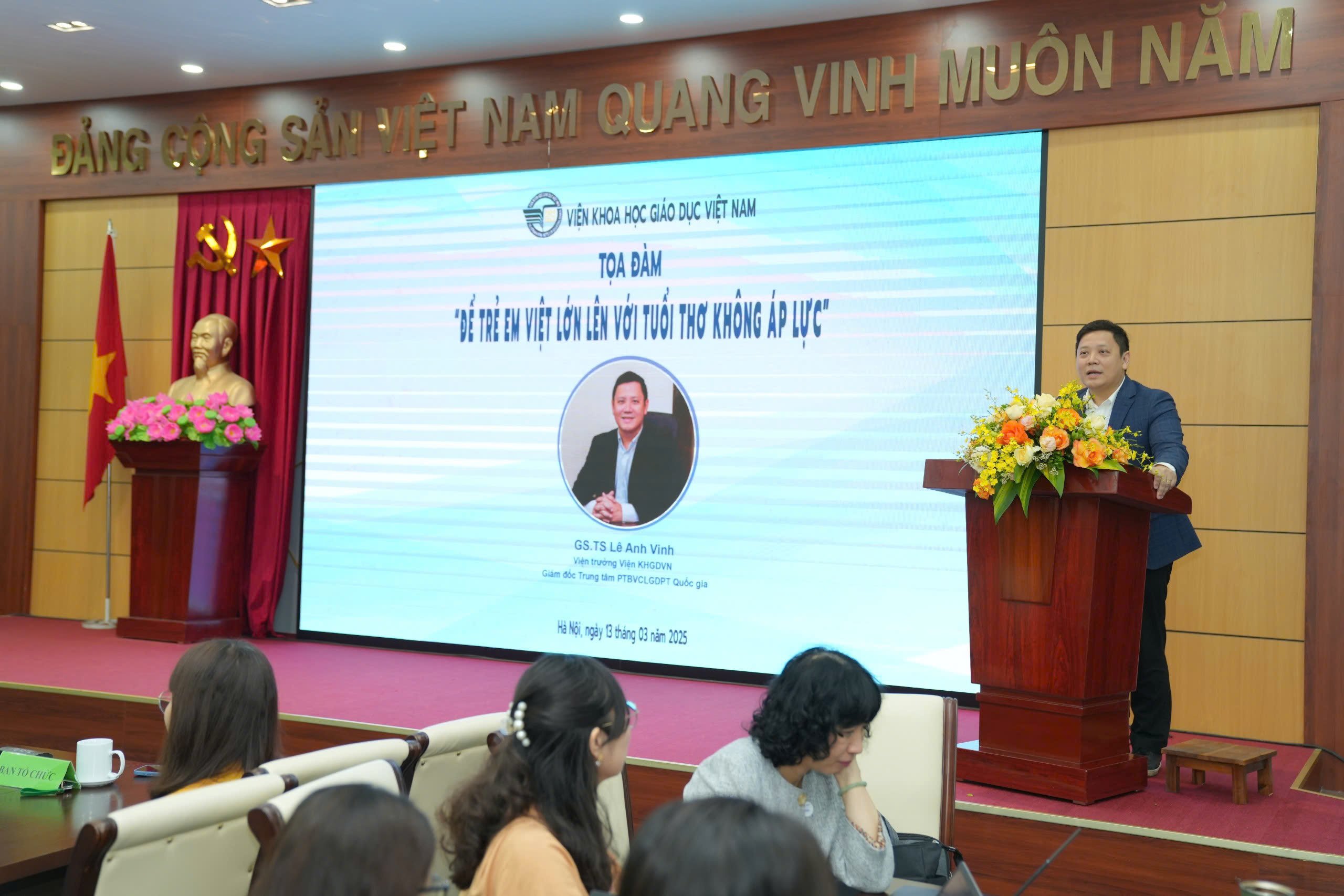


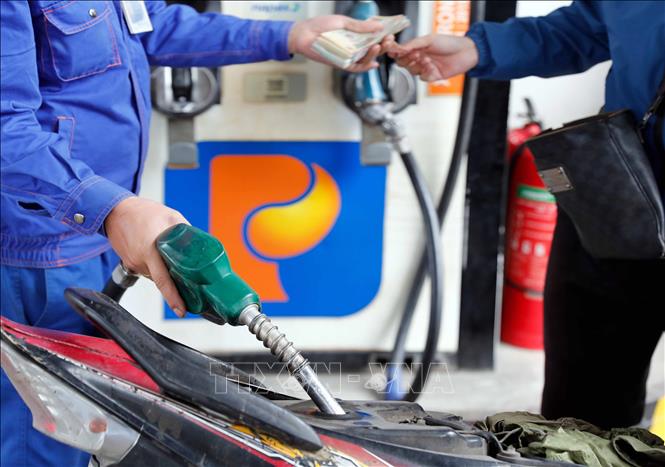


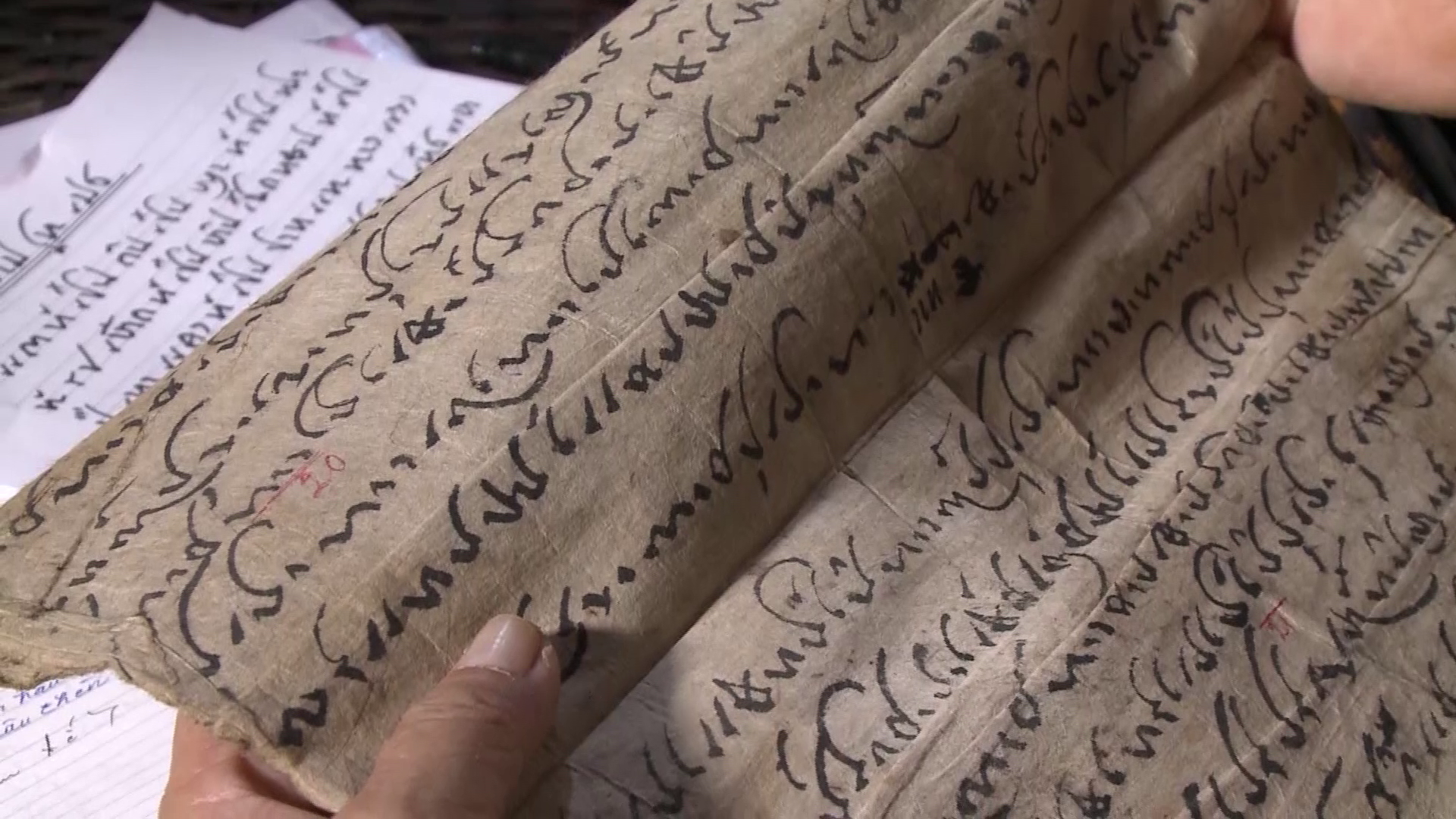



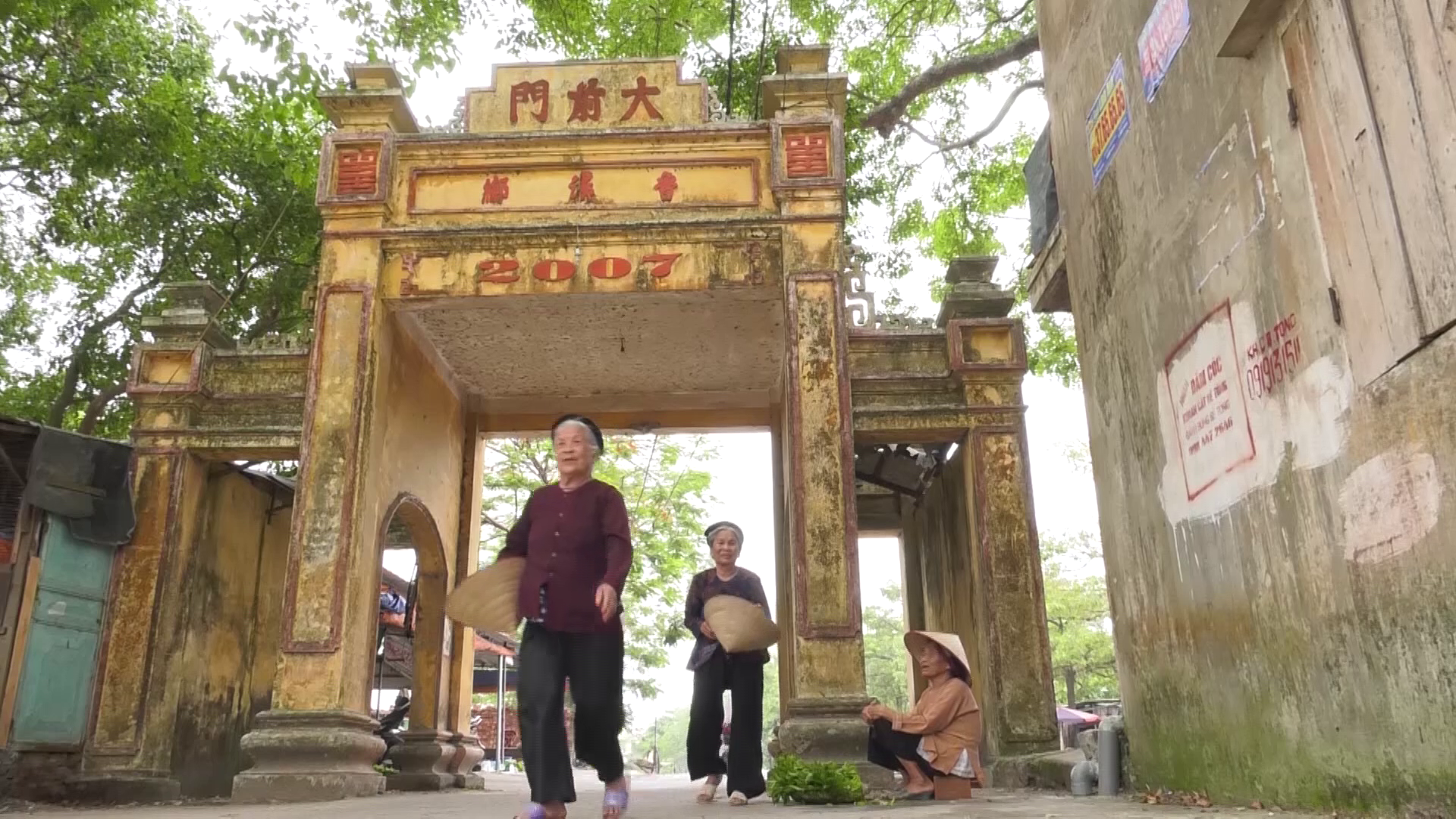

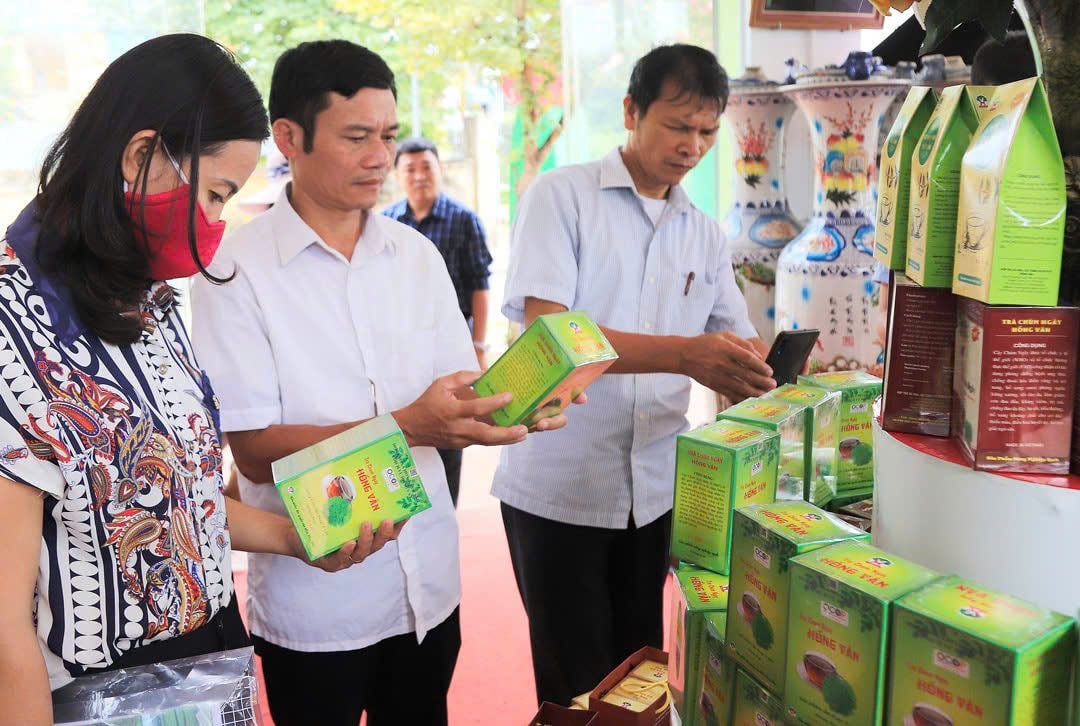



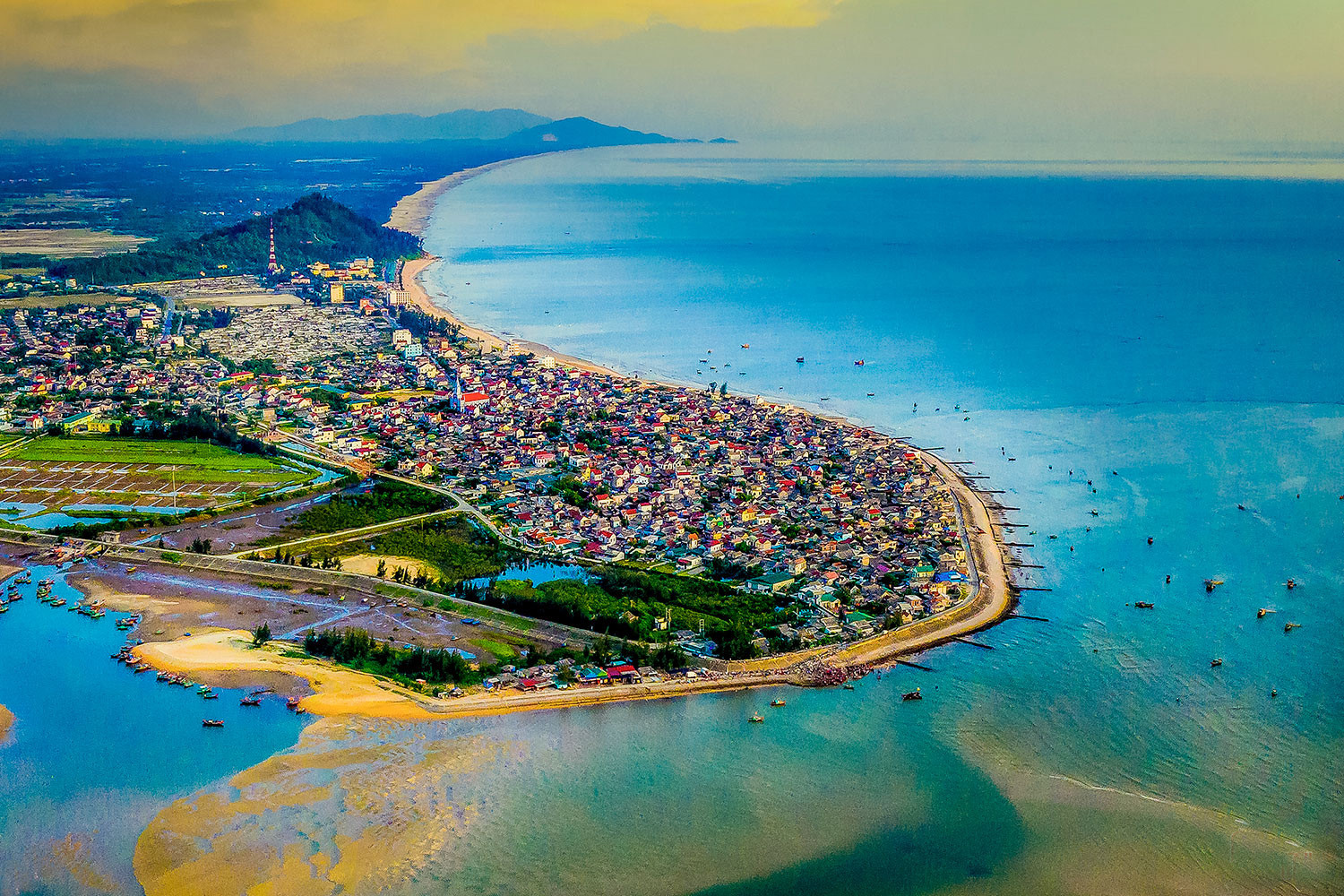



Comment (0)